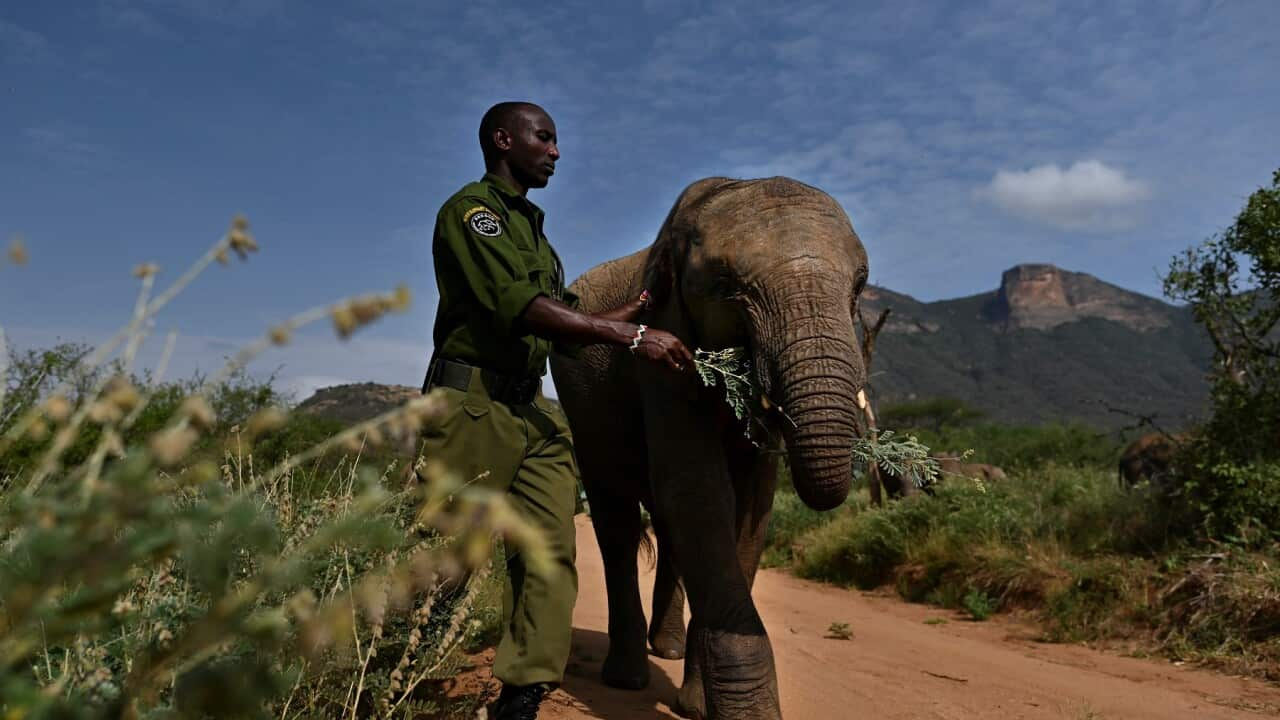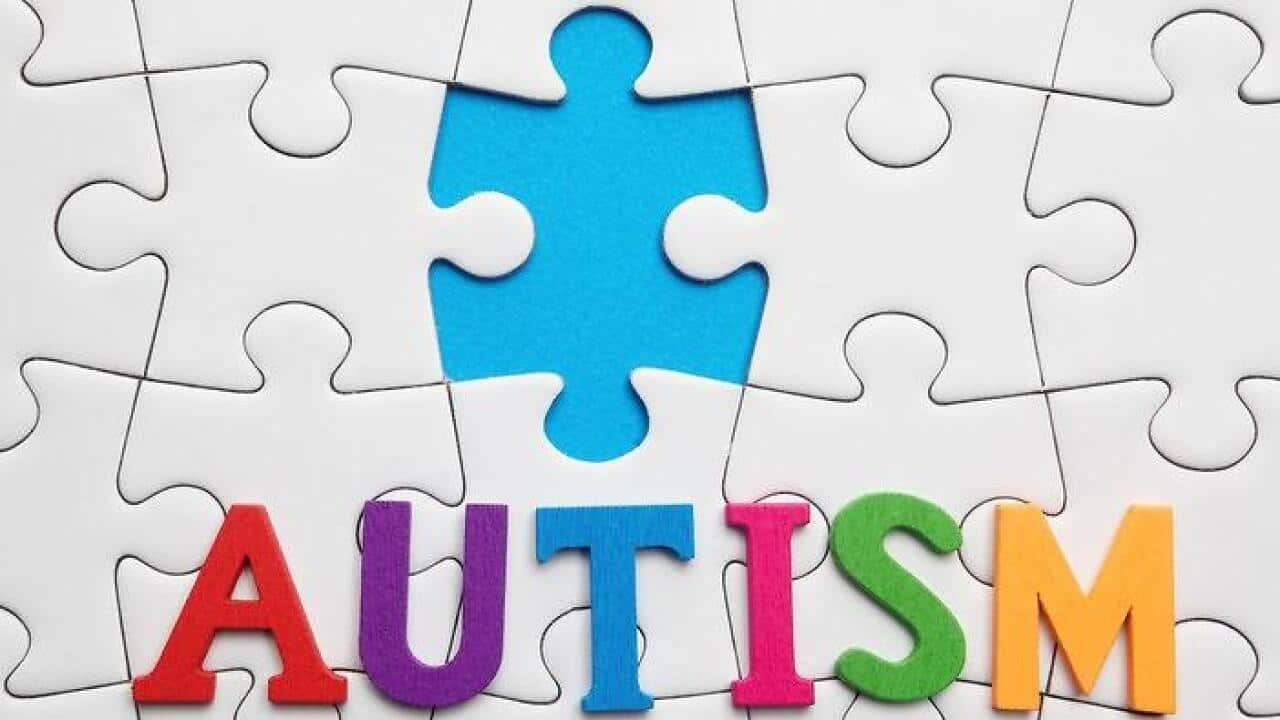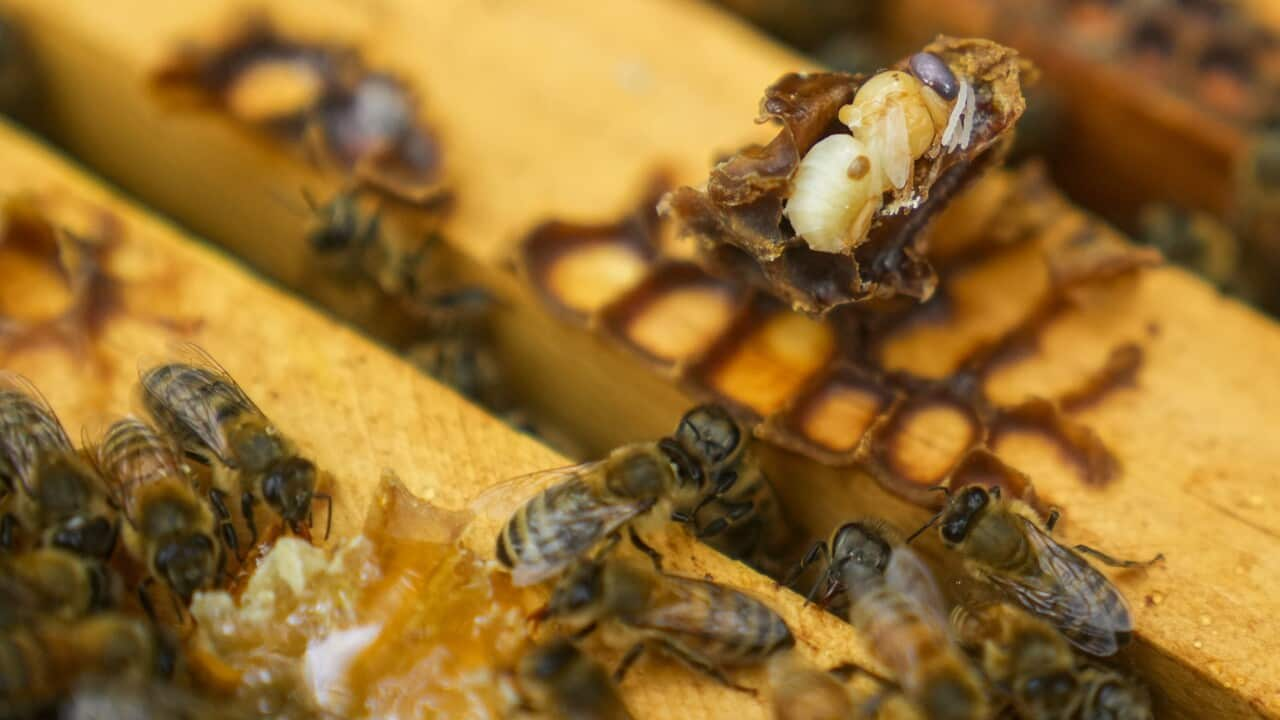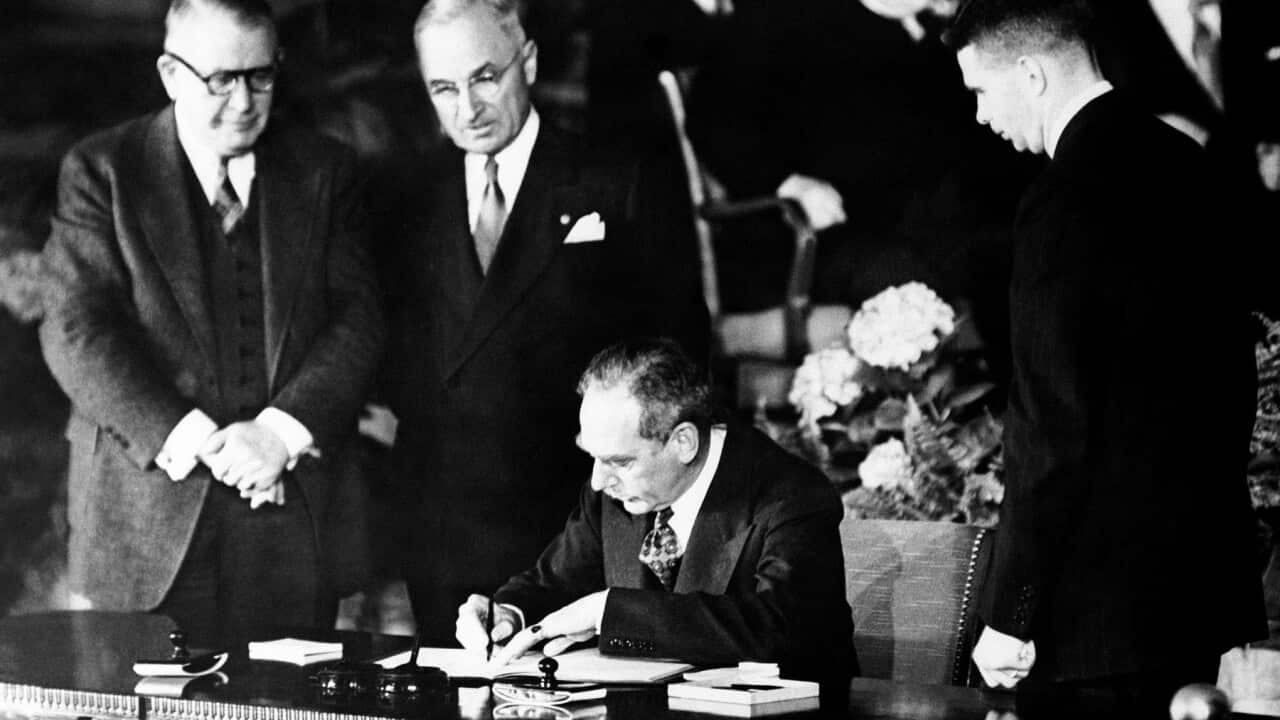Italian
UPSOT 1 - Feeding baby elephant
Nella riserva Reteti in Kenya ci sono 26 cuccioli d’elefante orfani.
Hanno bisogno di venire nutriti otto volte al giorno.
Il veterinario Steve Chege ha dichiarato che fino a poco tempo fa spesso gli elefanti non sopravvivevano.
"Feeding a baby elephant is both art and science. If you look at it, we don't have elephant milk. Nobody has it anywhere. So you have to think of what are the alternatives. At that time, they are not eating grass, they're not eating leaves, so they cannot browse. What people have done in the past, they have used cow's milk, they have used even human baby formula from the shops, and at Reteti, we have been using that for a long time. And elephants have been doing well, but they're very young elephants. We realised we're not making it, and we would lose them before they get to the age of one month."
Il dottor Chege ha affermato che è stato il latte di capra locale a fare schizzare il tasso di sopravvivenza degli elefanti dal 50 al 100 per cento nel 2019.
Si è trattato non solo di un'ancora di salvezza per gli elefanti, ma anche di una fonte di reddito importante per le famiglie del posto, che spesso vivono con meno di un dollaro al giorno. Charity Leno'ya vive in uno dei villaggi vicini.
Translated: "Since women in this community started selling the goat milk, we are more empowered and no longer depend on our husbands for money for household needs."
Ogni mattina vengono raccolti da un camion della riserva circa 150 litri di latte di capra.
Translated: "If you only sell 600 million litres of milk a day, you can answer with ten dollars per month, but if you have many goats and sell double that amount, you can make more than $24 a month."
Una volta che il latte è stato ispezionato, viene caricato sul camion pronto al trasporto.
Nella riserva, i guardiani devono assicurarsi che gli elefanti siano in forze abbastanza da poter ritornare in natura – che solitamente avviene quando hanno circa quattro anni.
Fino ad oggi, la riserva ha salvato 36 elefanti orfani e ne ha rilasciati 10.
Per adesso, questi giovani elefanti hanno le pance piene – ma hanno bisogno di venire nutriti di nuovo entro tre ore.
Il latte di capra li rende più forti e aiuta la comunità locale.
UPSOT 3 - baby elephants
English
UPSOT 1 - Feeding baby elephant
At Kenya's Reteti sanctuary, there are 26 orphaned baby elephants.
They need to feed eight times a day.
Veterinarian Dr Steve Chege says until recently, the elephants often would not survive.
"Feeding a baby elephant is both art and science. If you look at it, we don't have elephant milk. Nobody has it anywhere. So you have to think of what are the alternatives. At that time, they are not eating grass, they're not eating leaves, so they cannot browse. What people have done in the past, they have used cow's milk, they have used even human baby formula from the shops, and at Reteti, we have been using that for a long time. And elephants have been doing well, but they're very young elephants. We realised we're not making it, and we would lose them before they get to the age of one month."
Dr Chege says it was local goat's milk that saw survival rates for the elephants shoot up from 50 per cent to 100 per cent in 2019.
That's not only been a lifeline for the elephants, but an important source of income for nearby families, who often live on less than 1 dollar a day. Charity Leno'ya lives in one of the nearby villages.
Translated: "Since women in this community started selling the goat milk, we are more empowered and no longer depend on our husbands for money for household needs."
Every morning, around 150 litres of goat's milk is collected from nearby villages by a truck from the sanctuary.
Translated: "If you only sell 600 million litres of milk a day, you can answer with ten dollars per month, but if you have many goats and sell double that amount, you can make more than $24 a month."
Once the milk's been inspected, it is loaded onto the truck ready to transport.
Back at the sanctuary, the keepers need to make sure the elephants are strong enough to return to the wild - normally at around four years old.
So far, the sanctuary has rescued 36 orphan elephants and released 10.
For now, these young elephants have full stomachs - but they will need to be fed again in three hours time.
The goat's milk is making them stronger - and benefiting the local community.
UPSOT 3 - baby elephants
Report by Francis Ontomwa




